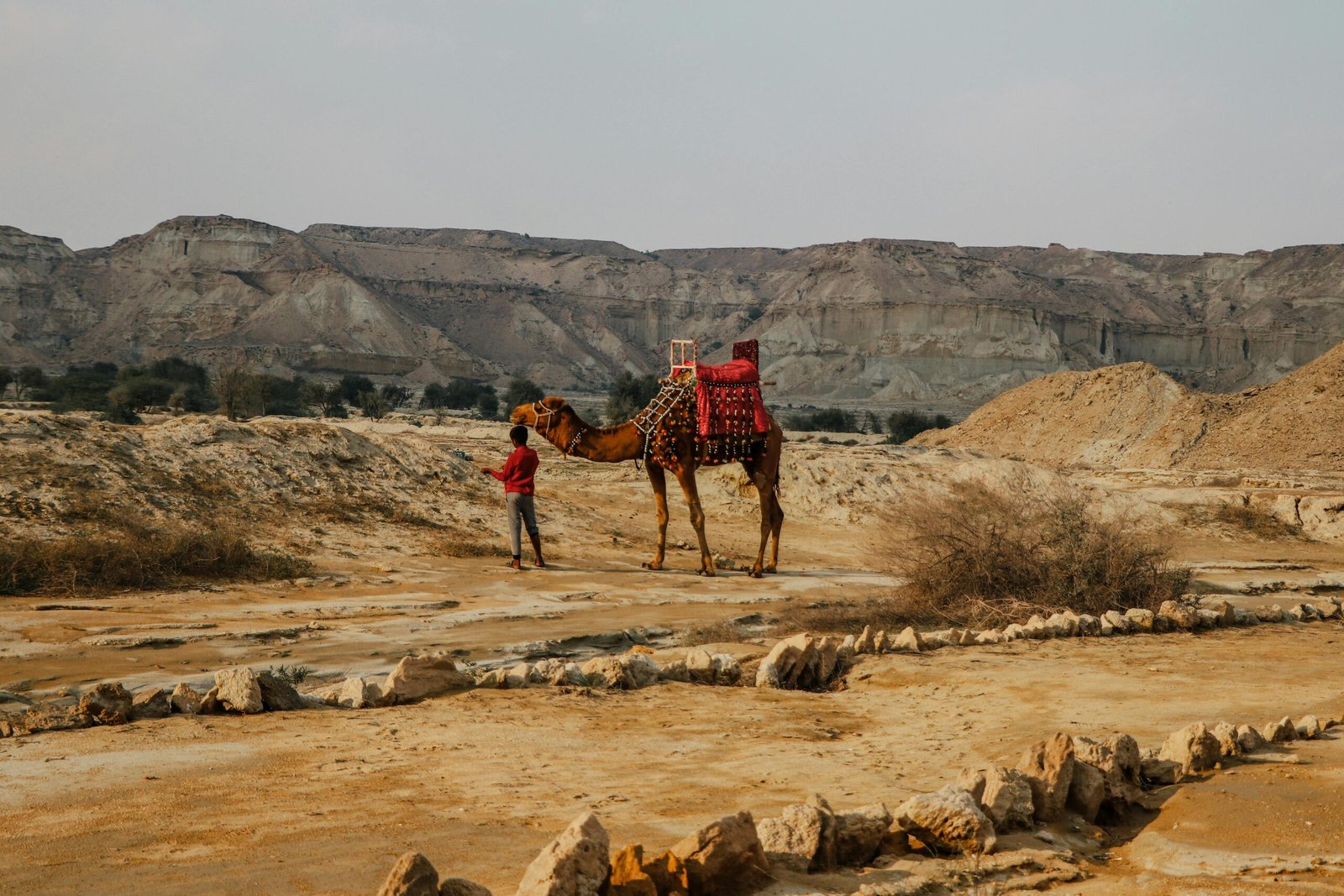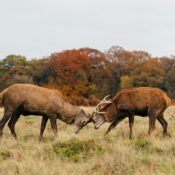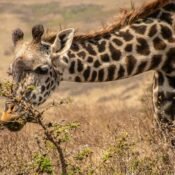
Why Local Guides Make All the Difference on a Tanzania Safari
A Tanzania safari has been termed as the trip of a lifetime. It is home to some of the most amazing wildlife experiences in the world, whether in the form of watching elephants roam through the plains of Tarangire or in seeing the mythical wildebeest migration in the Serengeti. However, magnificent landscapes and wildlife cannot be denied, but it is the guides, the local ones who can make a safari not a trip to remember but an experience never to forget. They are not just drivers or spotters, they are narrators, environmental advocates, cultural ambassadors and your key to the heart of the Tanzania.
Intensive understanding of the Wildlife and the Ecosystems.
It takes years of experience by local guides to study the national parks, reserves, and ecosystems of Tanzania’s national parks. Their perception extends way beyond the realization of seeing a lion in the tall grass. They are capable of explaining the behaviors of the animals, recognizing rare bird sounds, and give information about the complicated networks which support the savannah.
Indicatively, a typical tourist may be impressed upon seeing a cheetah sit on a termite mound whereas a local guide will tell the tourist why the animal prefers this position, how it hunts, and dependence on fine balances in the food chain. Such a situation makes a mere observation more fulfilling and informative.
Moreover, local guides are good at tracking. They interpret foottrack, snapped twigs or even minute variations in the utterances of the local birds so as to trace animals which would remain unnoticed otherwise. It is this knowledge that can sometimes be the difference between not sighting such elusive species as leopards and sighting them in the vicinity.
Telling Stories and Human Relations.
Wildlife is not the only thing in Tanzania; there are also various communities found there like the Maasai, Hadzabe and the Chagga. Since most of the local guides grew up close to the parks, they can provide an authentic view of the traditions, languages, and way of life of these communities.
A guide could tell a story of her childhood when she was herding cattle close to the Ngorongoro Crater, or about the meaning of some ceremonies in Maasai culture. These stories provide richness to your experience and they serve as a reminder to you that Tanzania is not just about animals but people as well.
Respect is also created through this cultural insight. Travelers will be able to have a real appreciation of the strength and culture of the people of Tanzania rather than seeing the villages as a photo opportunity. A localized safari is a cross-cultural encounter.
Security, Lameness, and Smooth Operations.
Safaris are unpredictable. National parks can have rough roads, weather changes fast and animal behavior cannot be predicted. A local guide is one who is aware of how to go about these pitfalls easily.
They are aware of what is too close when going closer to animals, when to wait and when to proceed. This knowledge guarantees safety of travelers as well as animal welfare. They are also aware of the most appropriate hours of the day that they will not have to contend with congested areas, and you will be left in quieter places where you can enjoy the wilderness without any distraction.
In addition to safety, local guides deal with the myriad of details that enable your adventure to be stress-free: they have to obtain park passes, select scenic picnic areas or make last-minute changes to their schedules so that they have the best chance of experiencing a rare sight. They have a peaceful assurance that enables you to sit back and have the adventure.
These include Supporting Local Communities and Conservation.
Another issue that affects the Tanzanian economy positively is the selection of a safari led by local guides. Working as a guide offers long-term means of livelihood to sustain families, education, and community building.
In addition to this, a lot of guides are directly engaged in conservation. Their livelihoods are based on the conservation of animals and ecosystem, and hence they serve as land managers. They usually teach the traveler on the need to conserve and this could be through disposing of plastic waste in the park or help fund anti-poaching groups.
An experience traveling with local guides initiates a chain reaction of self-reliance and reinvention of local communities and the very wildlife you had gone to appreciate.
Improving the Safari Narrative.
A safari is not just a list of animals that we have seen but a narrative that comes out on a daily basis. Local guides understand how to incorporate these moments into a story. They could make a relation between the sighting of the lion today and the herd of zebras yesterday and how the predator and prey relationship is conducted within the plains. They can mention how rain changes the scenery bringing about new vegetation that also attracts moving animals.
This narration makes sense to what would otherwise be separate experiences. You do not go home with some haphazard photos but with a clear idea of how the ecosystem functions and what was meant by each observation.
Production of Customized Adventures.
All these travellers are unique, some will be passionate about photography, others will be birdwatchers, and families will be seeking child friendly holidays. The customized needs are addressed by local guides who customize every safari.
Provided they are a photographer, they will expect the lighting conditions and place the vehicle in the best angles. In case you are interested in bird life, they are able to recognize the species by sound and they will take you to a place where the rare birds can be found. With children, families enjoy the services of guides familiar with how to entertain the kids with enjoyable facts and safe and interactive games. Such customization will make your safari look like a tour tailored to you and not a one-size-fits-all safari itinerary.
Forming New Long-lasting Friendships.
Most of the tourists note that after the safari, the guide is more of a friend than a service provider. The days of togetherness are long, the days of telling stories, laughing, feeling awe and they form good bonds.
Sometimes the visitors keep in contact with their guides well after they leave and send messages or even arrange to visit them again. Such a human interaction makes the adventure experience warm and human and you are left with more than just a wildlife sight.
Conclusion:
Tanzania has magnificent landscapes and remarkable wildlife but the local guides are those who combine these two factors into something quite extraordinary. Their experience, cultural understanding, conservation efforts and taking care of themselves make safaris an experience of active observation rather than a life altering experience.
Whenever you book a Tanzania safari, you are not merely making a reservation to watch some animals, but you are entering a kind of a story being told by someone who knows the land like the back of his hand and has a passion and desire to share the same with you. And there is all the difference.




